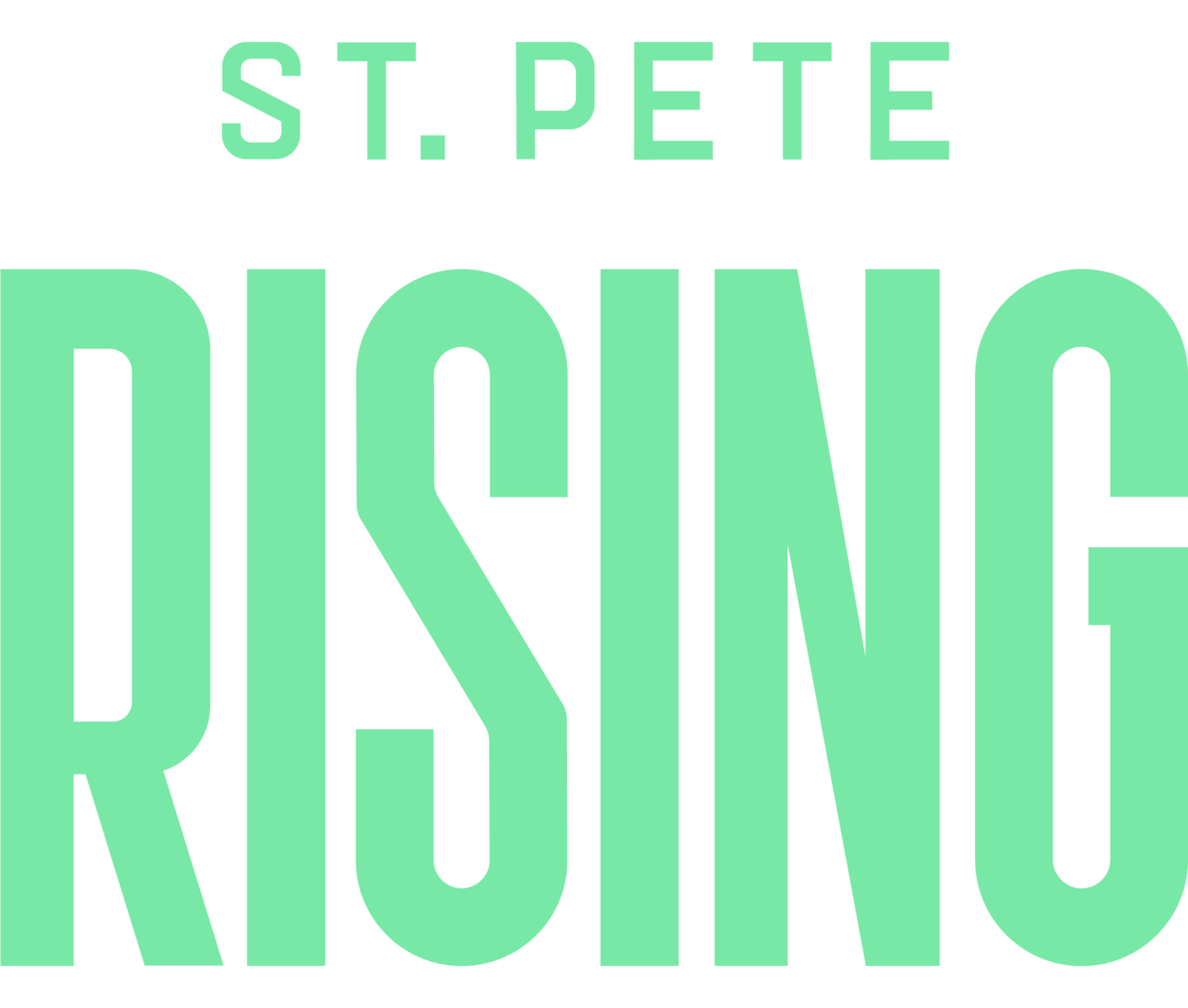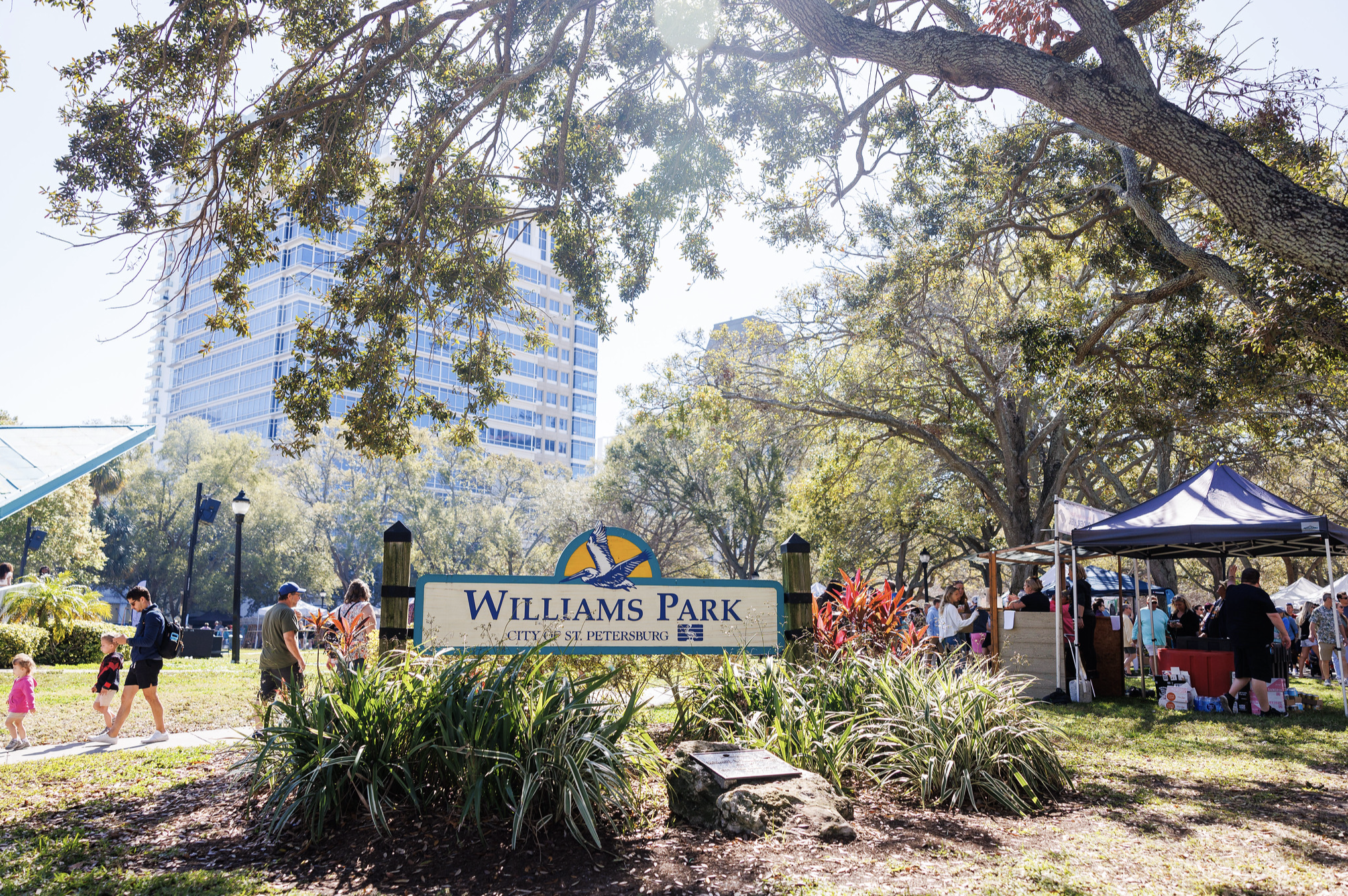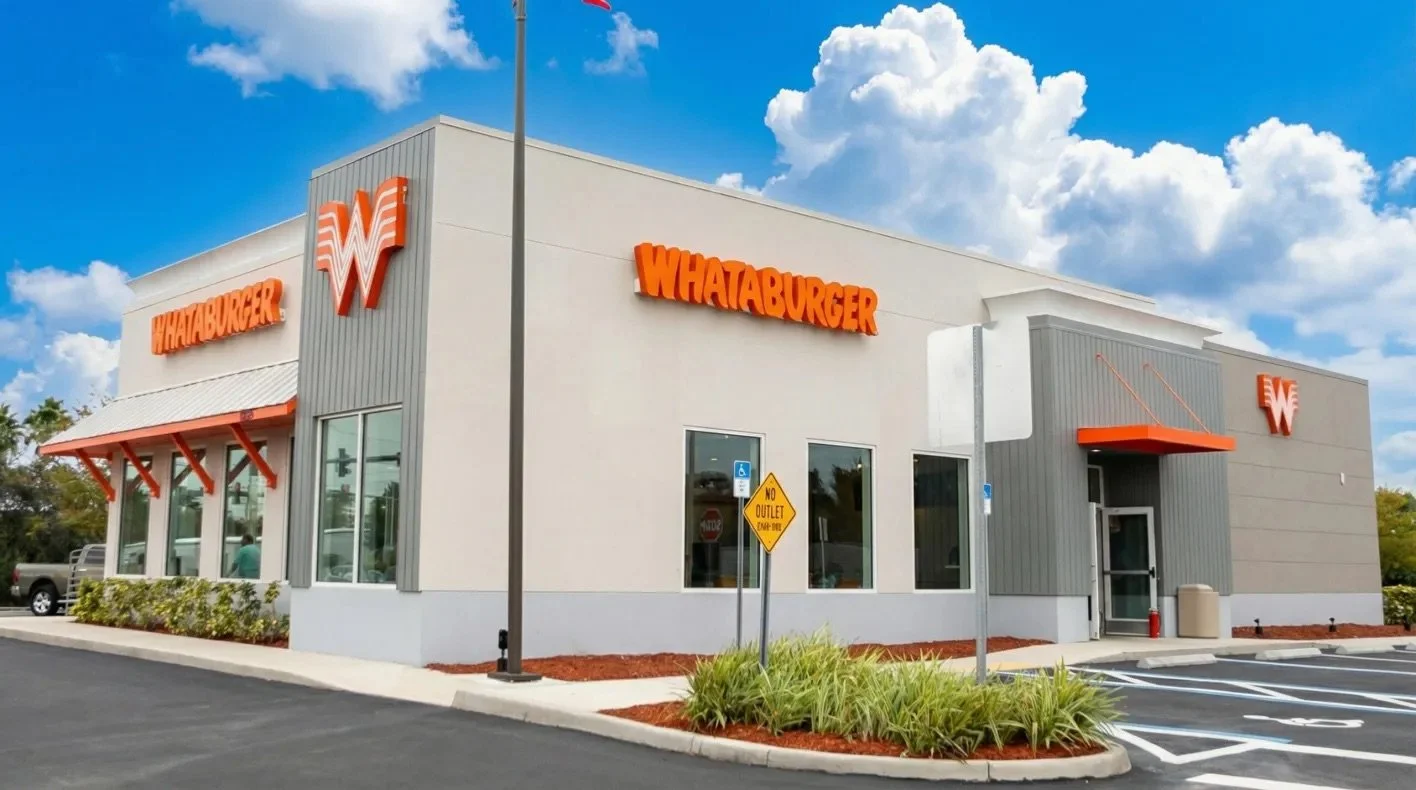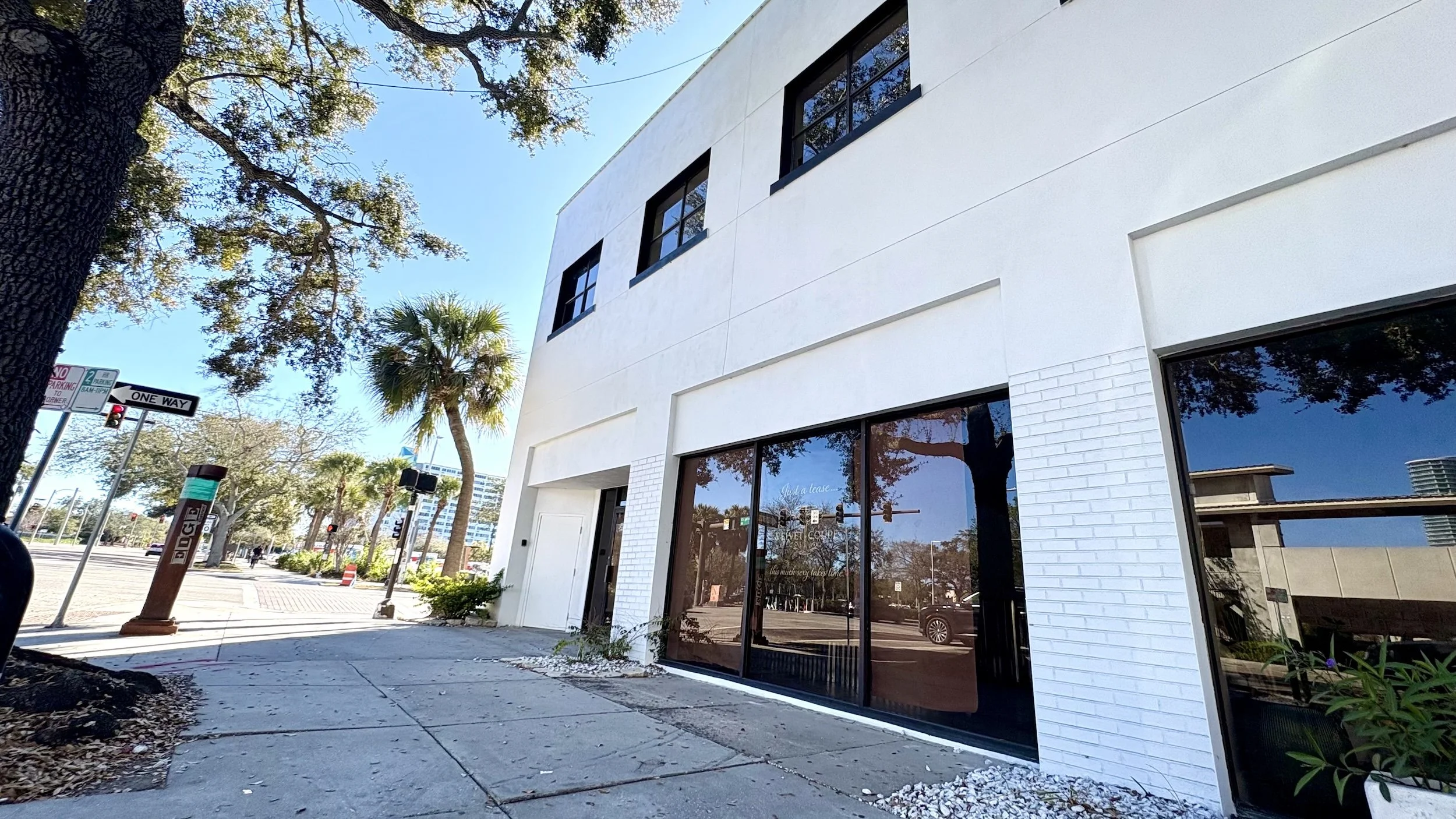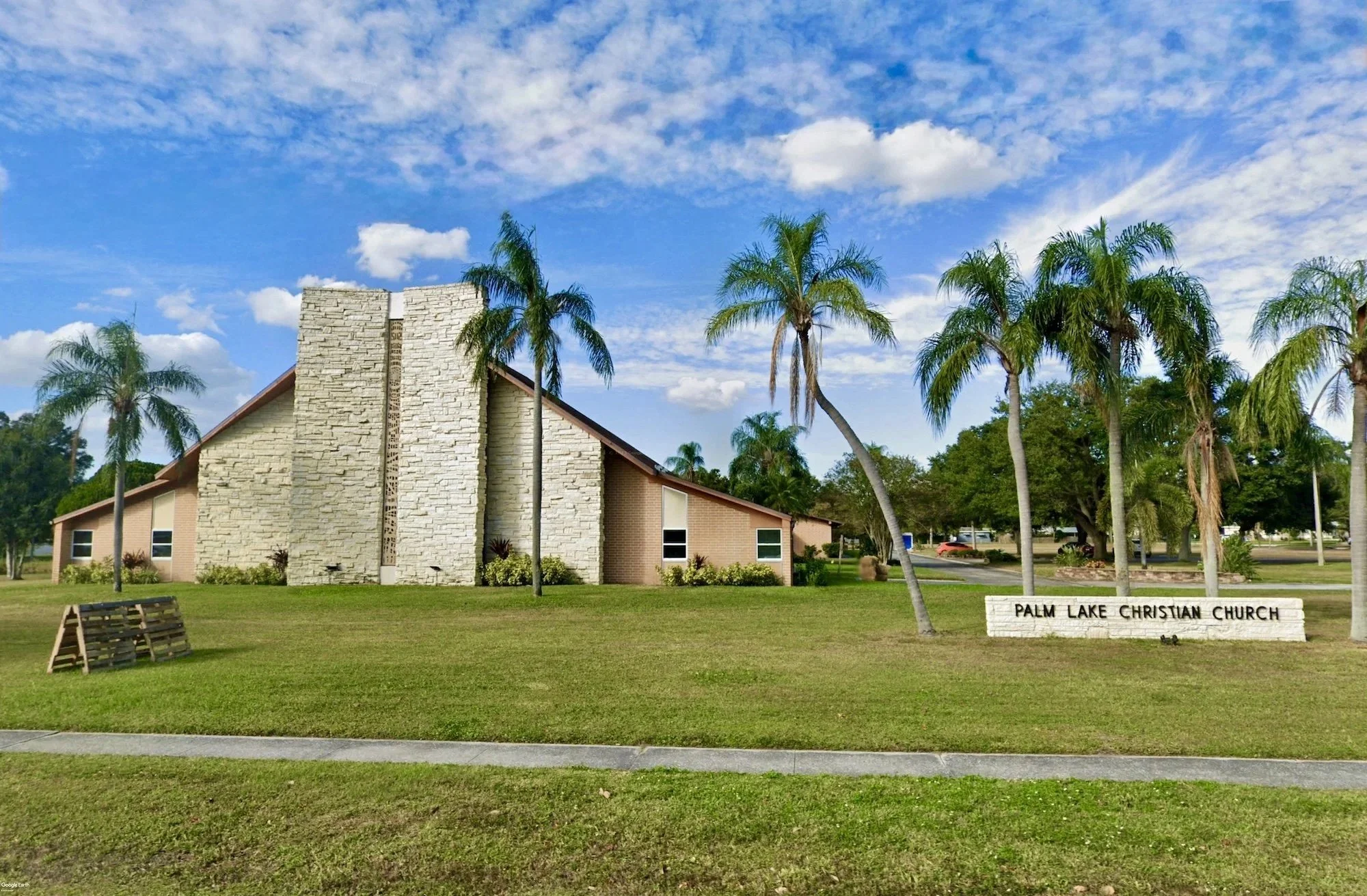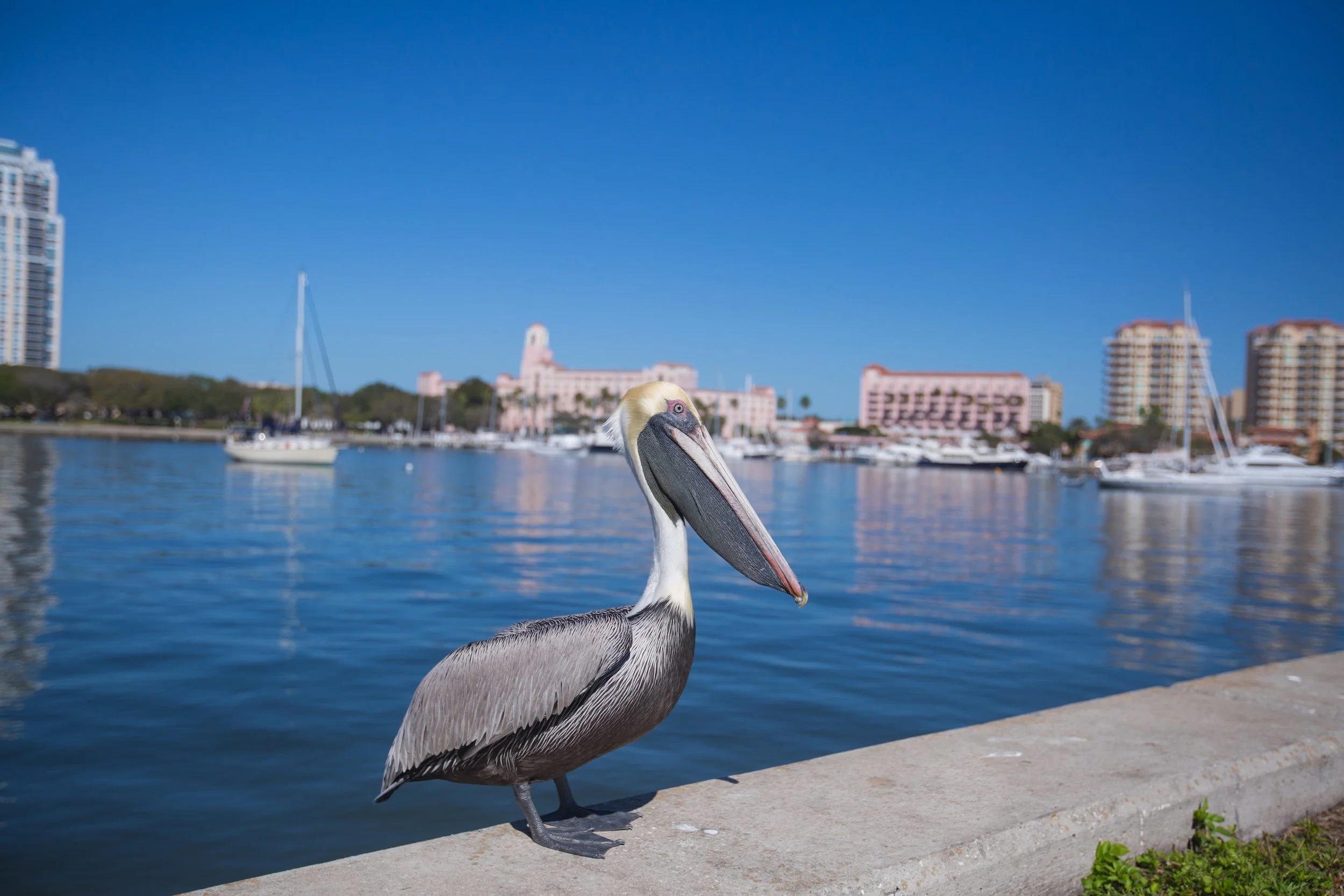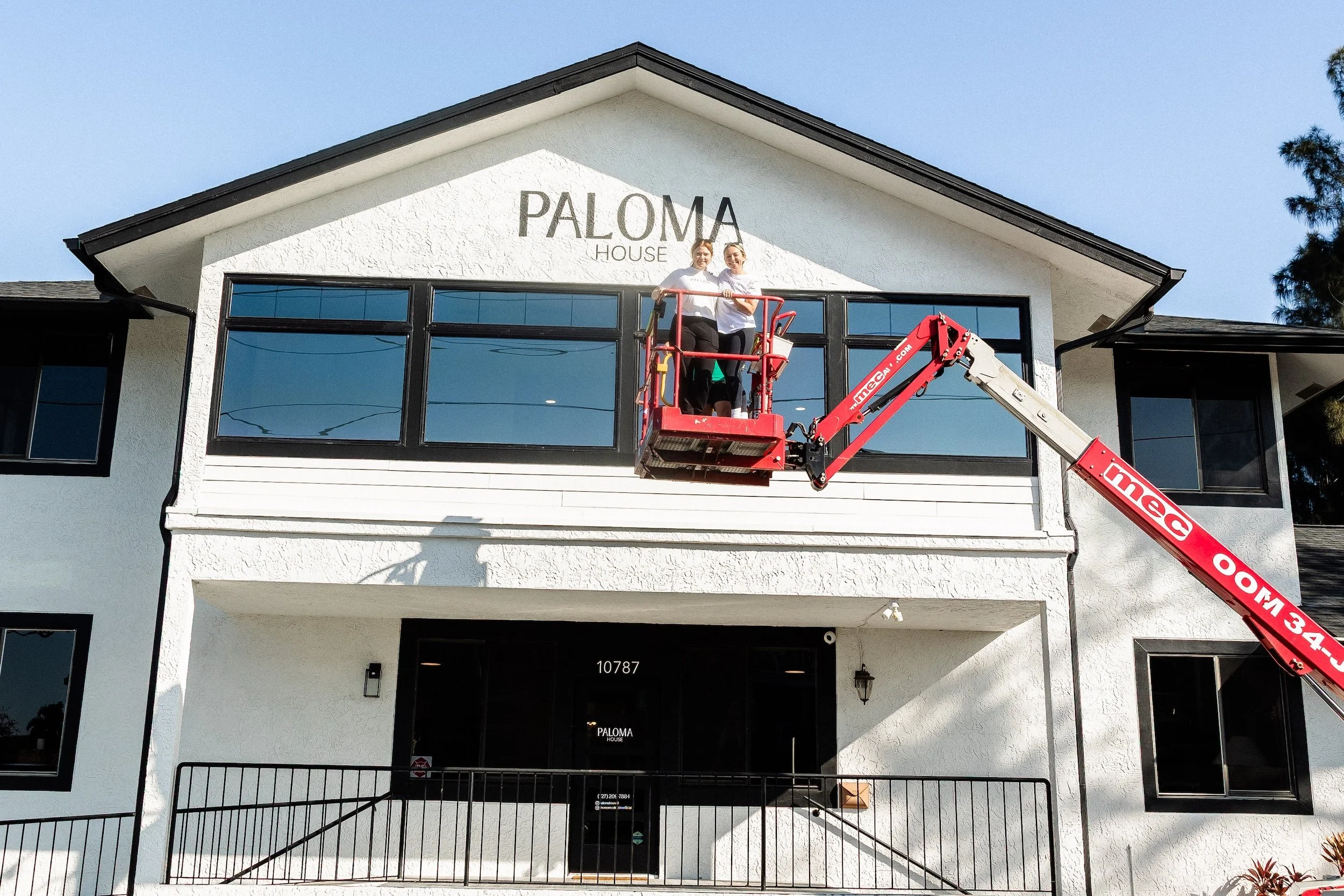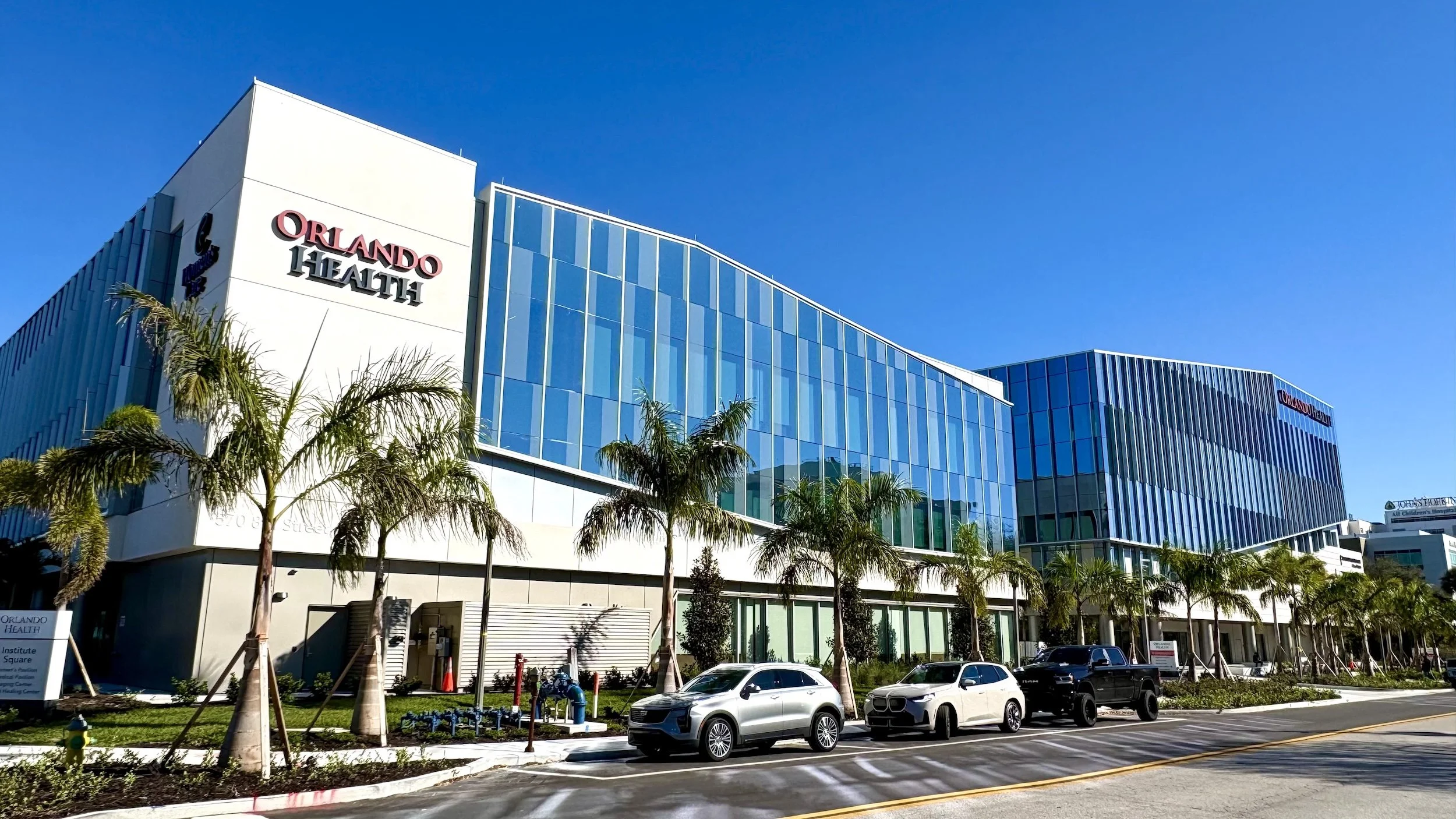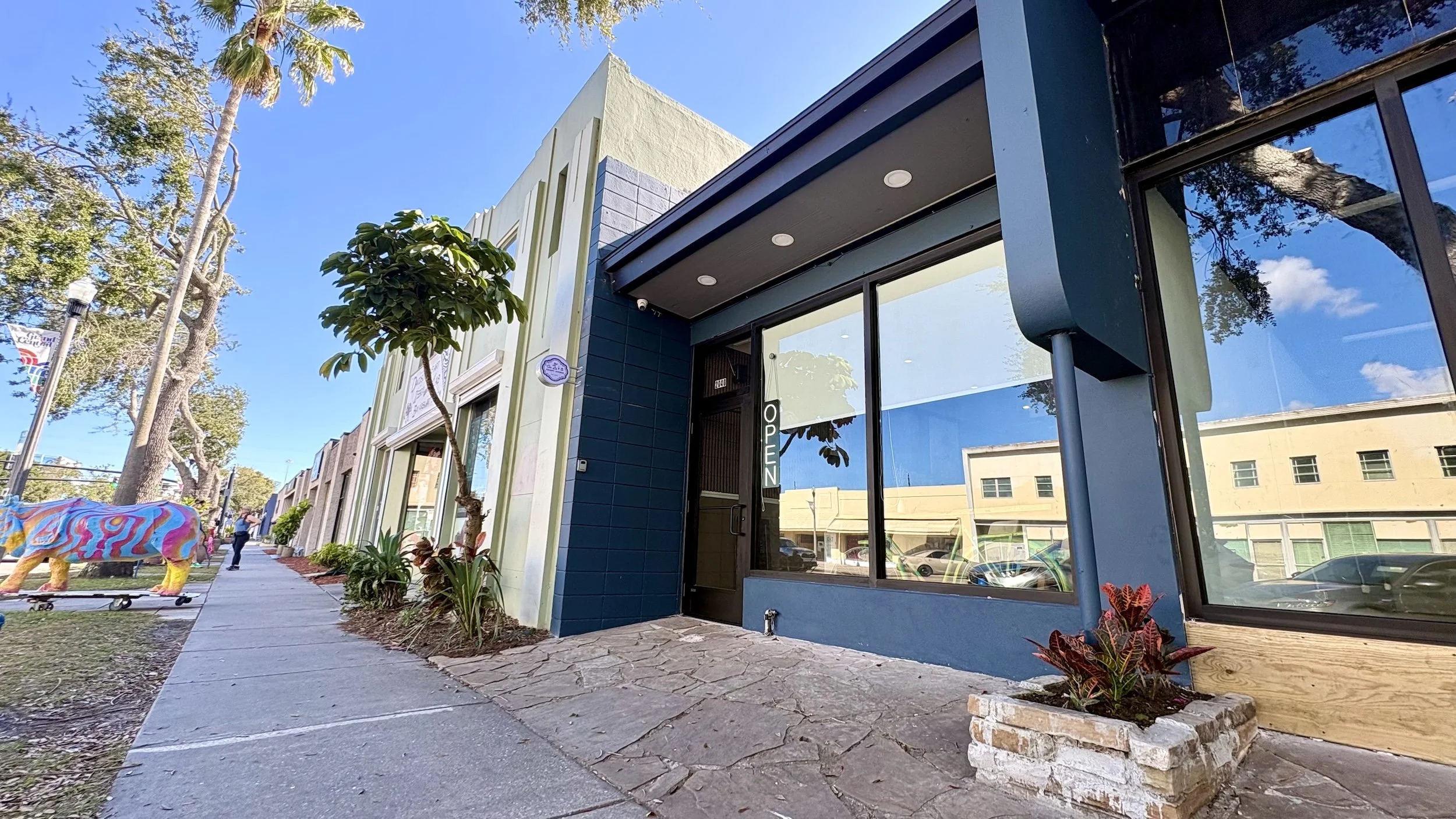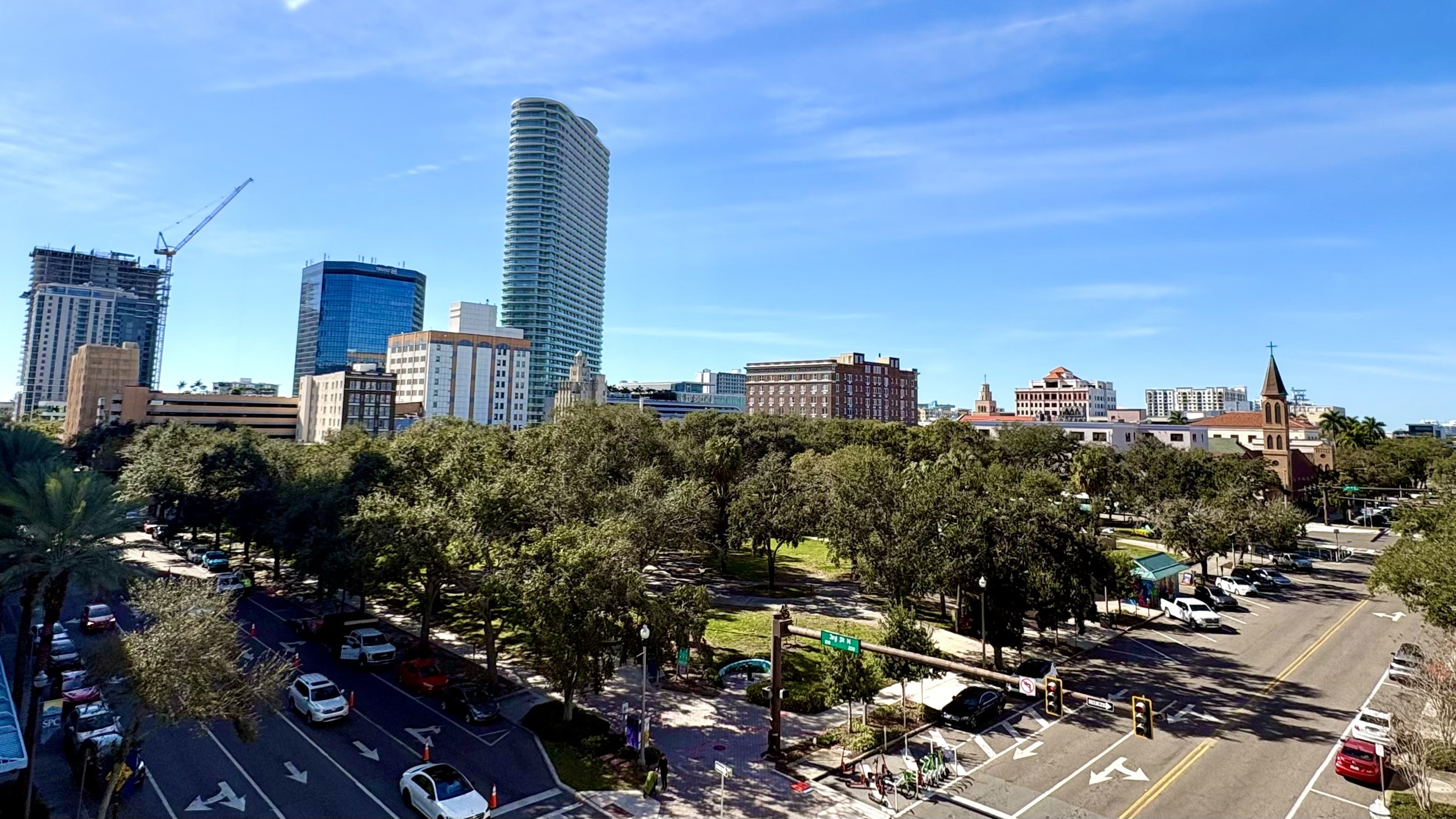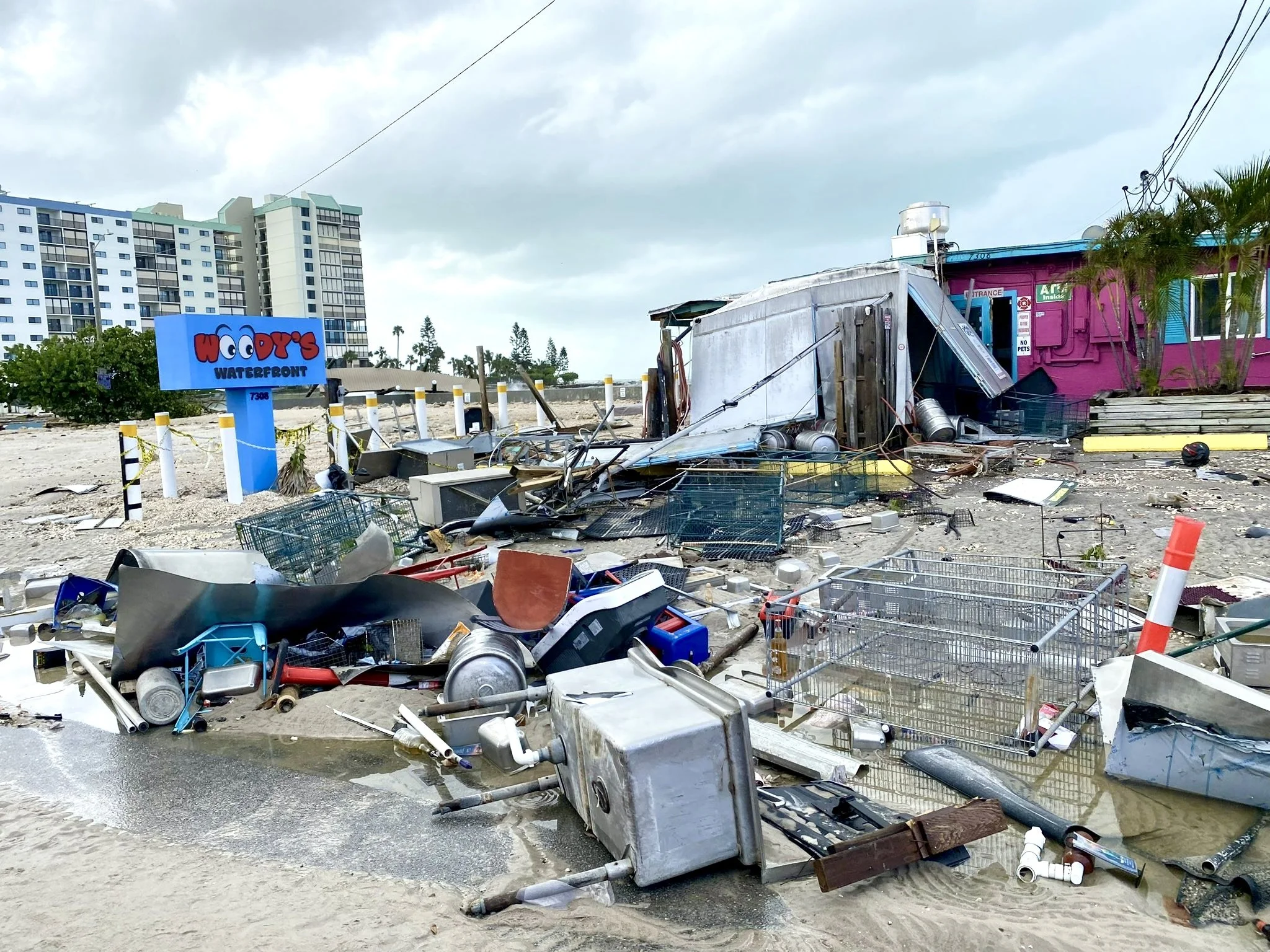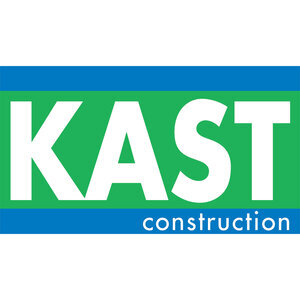PSTA approves $4.8 million federal grant to restore Cross Bay Ferry service between St. Pete and Tampa
/The cross bay ferry | HMS ferries
The Cross Bay Ferry, which has linked passengers between downtown St. Petersburg and downtown Tampa since 2017, could once again sail under a new operator.
The Pinellas Suncoast Transit Authority (PSTA), which operates the Clearwater Ferry, is now leading efforts to restore ferry service between St. Pete and Tampa after Hillsborough County recently ended its contract with HMS Ferries.
The termination came after HMS proposed replacing the current ferry with a slower vessel that would more than double one-way travel time from 50 minutes to two hours.
When the county canceled its contract with HMS, ending the Cross Bay Ferry operations on April 30th, it left $4,863,280 of unspent Federal Transit Authority (FTA) dollars on the table, which can be used towards the purchase of two new ferry boats for the Tampa-to-St. Pete service.
The Cross Bay ferry when it was docked at the vinoy basin | St. Pete rising
At a Wednesday morning board meeting, PSTA officials unanimously approved accepting a transfer of federal transit funds from Hillsborough Area Regional Transit (HART), which originally received the funds in 2021.
The transfer is contingent on HART approving the agreement on Monday, June 2nd, and on PSTA not providing any subsidies for the boats or the service.
With the funding, PSTA would purchase two 149-passenger ferry vessels and oversee the Cross Bay Ferry service contract expected to begin on October 1, 2025.
However, the cost of purchasing two new vessels will likely exceed the $4.8 million grant, so it's expected that one or both of the boats will be used rather than new.
An image of PSTA’s existing Clearwater Ferry service | PSTA
“The goal would be to change from seasonal to year-round service and lower operating costs,” PSTA CEO Brad Miller said during the meeting. “The ferry service under HMS was very expensive to operate…we can lower the cost and improve the service."
Miller said bringing the ferry service in-house could lead to potential cost savings. The current Clearwater Ferry service costs $87 per hour to operate, compared to $615 per hour for the existing Cross Bay Ferry service.
PSTA estimates that operating two ferry boats would cost $250 per hour, resulting in a lower net subsidy for the service despite offering more frequent service.
A breakdown of the projected cost comparisons of the current and additional fleets | PSTA
Overall, operating two ferry vessels would increase service frequency to every one to two hours on peak weekend days, compared to every three to four hours with the current service. It would also boost ridership and reduce or eliminate subsidies, Miller explained.
Projections estimate ridership could increase to 100,000 with two vessels, up from the current 60,000.
“If PSTA oversees the contract, we can submit ridership data to the government and that can be turned around to bring additional dollars in the formula grant [to capture more] transit capital that can be used to support ferry or bus shelters,” he added.
PSTA member and City Councilwoman Gina Driscoll said the ferry service would dock at the Vinoy Basin (a former St. Pete terminus) until a permanent dock is ready at the St. Pete Pier near the Museum of History, where the Janet Echelman net sculpture was previously installed.
This summer, PSTA will issue a request for proposals (RFP) seeking a contractor to propose vessel specifications, acquire the boats, and lease them to PSTA.
If HART does not approve the transfer agreement on June 2nd, PSTA will still issue the RFP. However, this would require a private vendor to provide the boats, increasing costs and subsidies that municipalities would need to cover.
PSTA can only operate the ferry service with user fares and municipal subsidies.
Once PSTA receives the $4.8 million grant, Miller hopes service for the Cross Bay Ferry is restored as soon as possible.
